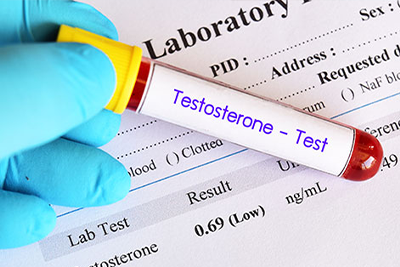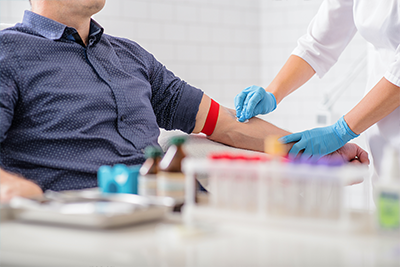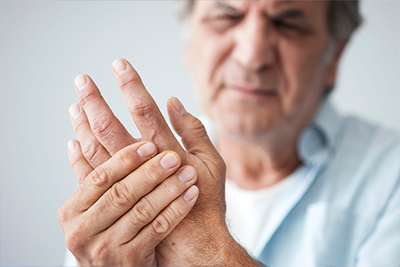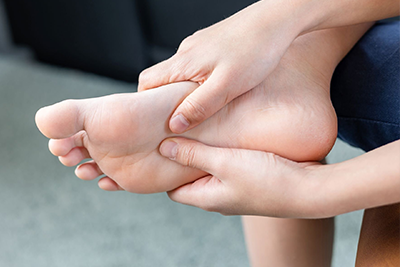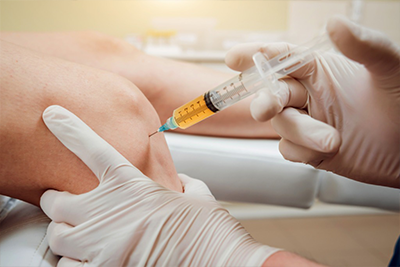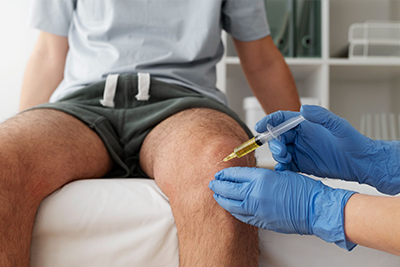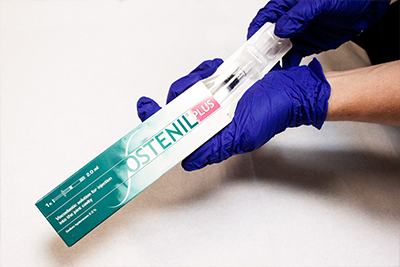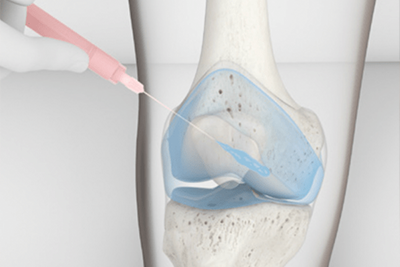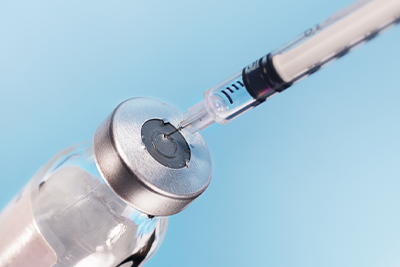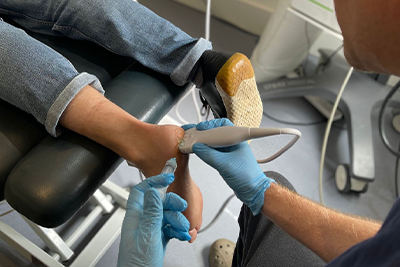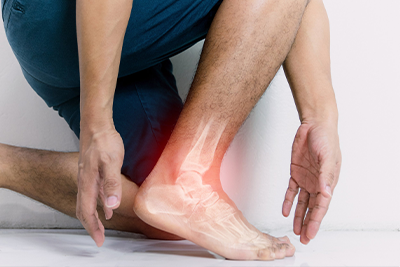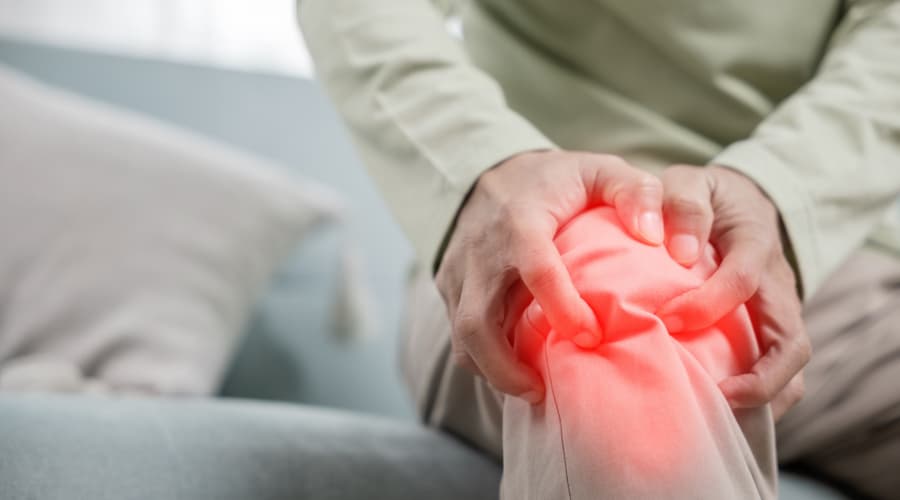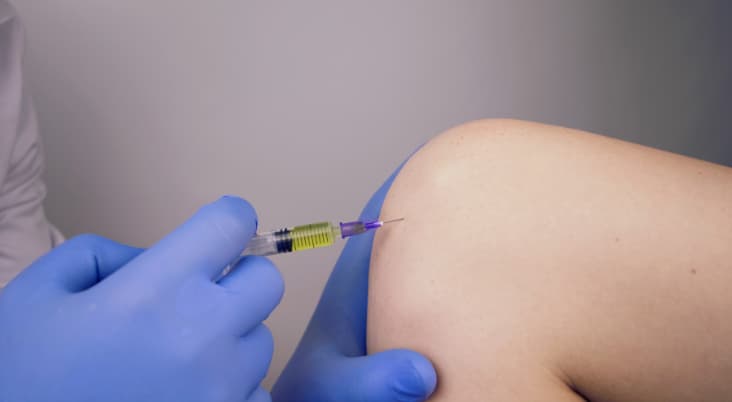Erectile dysfunction (ED) is the recurrent or persistent inability to achieve or maintain an erection sufficient for satisfactory sexual activity. It’s a condition that affects millions of men worldwide, with varying severity and underlying causes. ED is a prevalent concern in the UK, affecting individuals’ physical and emotional realms.
While many discussions surrounding ED often gravitate towards the physical determinants, such as vascular or neurological issues, the psychological aspects play a pivotal role. Indeed, the mind’s influence on sexual function is profound. Psychological factors can not only trigger ED but can also be triggered by it, establishing a complex interplay that underscores the necessity for a holistic understanding and approach to management.
Recognising the significance of these psychological aspects is paramount. They bridge our emotional, cognitive, and physical experiences, shaping not just the individual’s experience of ED but also its impact on relationships, self-perception, and overall well-being.
Prevalence of Psychogenic ED
Erectile dysfunction, while often considered in purely physiological terms, has a significant psychological component. In the UK, the intertwining of mind and body becomes evident when assessing the data on the origins of ED cases.
Recent statistics indicate that a considerable proportion of ED cases in the UK are attributable, at least in part, to psychological factors. Estimates suggest that up to 20% of all national ED cases have a primary psychological cause. This figure becomes even more compelling when noting that many men with organic or physical reasons for their ED often develop secondary psychological issues due to the stress and anxiety associated with the condition. Hence, even if the initial trigger is physiological, the ensuing psychological impact can exacerbate the problem, leading to a persistent cycle of dysfunction.
Comparatively, organic causes of ED, such as vascular issues, hormonal imbalances, or neurogenic disorders, account for many cases. However, the distinction between organic and psychogenic ED isn’t always clear-cut. The two often overlap, with physical problems leading to psychological distress and vice versa. For instance, a man with cardiovascular issues may become anxious about his ability to perform, amplifying his ED. Conversely, a man with performance anxiety may eventually develop physical manifestations of ED.
The Mind-Body Connection
Sexual arousal is an intricate convergence of neural, vascular, and psychological processes. The cascade of events leading to an erection isn’t merely a physiological phenomenon; it’s deeply embedded in the mind’s vast landscape. Let’s navigate this profound connection between the mind and body.
Neurophysiological Pathways in Erection:
Achieving and maintaining an erection primarily revolves around the nervous system’s communication channels. This process starts with sensory or mental stimuli that lead to the release of neurotransmitters from the nerves of the penis. The most crucial neurotransmitter in this process is nitric oxide. When released, nitric oxide relaxes the smooth muscle cells, causing the arteries in the penis to dilate and the erectile tissues to fill with blood. The outcome? An erection.
This cascade isn’t isolated; it’s deeply interconnected with the brain. The brain, interpreting sexual stimuli (visual, tactile, or imaginative), sends signals down the spinal cord to initiate the sequence. This underscores the indispensability of the mind in the erection process.
Influence of Psychological States:
The mind’s ability to either enhance or inhibit sexual arousal is undeniable. Let’s consider anxiety, for instance. When a man experiences performance anxiety, his body releases stress hormones like adrenaline. This hormone constricts blood vessels, including those in the penis, making it difficult to achieve an erection. The fear of not reaching an erection can, paradoxically, be a reason for not achieving one.
Depression offers another example. This psychological state can alter neurotransmitter levels in the brain, potentially inhibiting the neural signals necessary for arousal. Likewise, feelings of guilt, low self-esteem, or past trauma can create a psychological barrier, deterring the process of erection irrespective of the body’s physical readiness.
The influence isn’t unidirectional. ED itself, regardless of its initial cause, can lead to psychological distress. This can intensify ED symptoms, creating a feedback loop of physical dysfunction and psychological despair.
Primary Psychological Causes of ED
Psychological triggers of erectile dysfunction (ED) encompass a broad range of mental health conditions and emotional states. While the physical manifestations are evident, the underlying psychological precipitants can be intricate and multifaceted. Here, we dissect the chief psychological determinants of ED.
Anxiety and ED
Performance Anxiety:
One of the most common psychological culprits of ED is performance anxiety. This anxiety revolves around fears of sexual inadequacy, apprehensions about satisfying a partner, or worries about maintaining an erection. This heightened state of alert can lead to the release of adrenaline, a vasoconstrictor that can impede blood flow to the penis, thereby hindering erection.
Generalised Anxiety Disorder (GAD) and ED:
GAD, characterised by chronic and excessive worrying, can spill over into a person’s sexual life. Continuous anxiety can disrupt the balance of neurotransmitters in the brain, affecting the neural signals vital for arousal and erection.
Depression and ED
Depression, an insidious mental health condition, notably correlates with ED. Recent UK studies have indicated that up to 40% of men with depression experience concurrent erectile dysfunction. This significant overlap points to a deep-seated connection between mood and sexual function.
Neurochemical Imbalances:
Depression is often linked to imbalances in neurotransmitters, particularly serotonin and dopamine. These chemicals, paramount for mood regulation, also affect sexual arousal and function. An imbalance can perturb the normal process of erection.
Stress and ED
Physiological Response to Chronic Stress:
Persistent stress activates the body’s “fight or flight” response, releasing stress hormones like cortisol and adrenaline. While beneficial in short bursts, chronic exposure can lead to vascular damage and hinder the neurological pathways of arousal.
Stressors such as job insecurity, economic downturns, societal pressures, or even the aftermath of Brexit and its socioeconomic implications might exacerbate ED among certain sections of the UK population.
Trauma and ED
Past Sexual Trauma or Abuse:
Men who have experienced sexual trauma or abuse may develop associative memories that trigger ED. This psychological blockade, stemming from the past event, may prevent arousal or lead to abrupt cessation of erection during intimacy.
PTSD and ED:
Post-traumatic stress disorder (PTSD), a condition marked by reliving traumatic events through flashbacks or nightmares, is linked to ED. The heightened state of alertness and the re-experiencing of trauma can make sexual intimacy challenging.
Secondary Psychological Implications
While primary psychological causes of erectile dysfunction (ED) can be the initial trigger, the experience of ED itself, even if rooted in organic issues, often spawns secondary psychological distress. This phenomenon creates a feedback loop, where the very experience of ED exacerbates mental strain, which in turn worsens ED. Here, we delve into this intricate relationship and its broader implications.
The Feedback Loop and Compounding Distress:
Underlying issues such as vascular problems, hormonal imbalances, or side effects from medication may be the primary instigators of ED in some men. However, even in these cases, once ED has occurred, the subsequent anxiety around potential repeated incidents can, paradoxically, become a prominent cause of continued ED. This negative feedback loop creates a cycle of apprehension: fear begets ED, which further fuels anxiety.
Feelings of Inadequacy and Reduced Self-worth:
Many men’s ability to achieve and maintain an erection is intrinsically linked with perceptions of masculinity and self-worth. Experiencing ED can lead to feelings of inadequacy, sparking concerns about perceived virility and potency. This mental toll can further seep into other aspects of life, potentially resulting in reduced self-esteem, avoidance of intimacy, or even depressive symptoms.
Relationship Strains:
By its very nature, ED is not just an individual experience; it has repercussions for partners and relationships. Repeated incidents can create tension, with potential misinterpretations leading to feelings of rejection or inadequacy for both partners. Without open communication, this can lead to a chasm in relationships, further compounding the psychological distress for the individual with ED. Partners may feel undesired or blame themselves, while individuals with ED may distance themselves to avoid perceived embarrassment or vulnerability.
Impact on Relationships
The psychological dimensions of erectile dysfunction (ED) extend beyond the individual sufferer. As an intimate condition that directly pertains to sexual relations, ED significantly affects relationships, affecting both parties involved. Here, we explore the intricate dynamics and delve into UK data, underlining the magnitude of relationship strains resulting from unresolved ED issues.
The Emotional Toll on Partners:
While the physiological experience of ED is confined to one partner, its emotional ramifications reverberate through the relationship. Partners may grapple with confusion, guilt, and rejection, often questioning their attractiveness or role in the issue. These emotions can lead to self-doubt, distancing, or resentment if not openly discussed.
Intimacy and Communication Barriers:
ED can usher in barriers to intimacy, both physical and emotional. As the affected individual may feel embarrassed or vulnerable, there can be a propensity to avoid intimate situations or discussions about the issue. This can, in turn, foster feelings of isolation or loneliness in both partners, disrupting the foundation of mutual trust and understanding.
Relationship Breakdowns and ED:
While specific data pinpointing the number of relationships in the UK ending solely due to ED is limited, studies have shown a correlation between unresolved sexual health issues, including ED, and relationship dissatisfaction. In the broader context, sexual incompatibility or dissatisfaction ranks as one of the top reasons for relationship breakdowns in the UK, with ED undoubtedly playing a role in this statistic.
Overcoming Together:
Despite the challenges, many couples find that navigating ED strengthens their bond. Open dialogue, mutual understanding, and seeking professional therapy or counselling can transform a seemingly insurmountable hurdle into an avenue for deeper connection. Engaging in non-sexual intimate acts, redefining intimacy, and embracing new forms of closeness can foster renewed relationships and resilience.
Psychological Treatment Approaches for ED
The psychological dimensions of erectile dysfunction (ED) necessitate tailored interventions that address the mind and body. As we navigate the realm of psychological treatments for ED, it’s paramount to underscore their efficacy, grounded in scientific research and clinical experiences. Here, we delve into some of the most prominent therapeutic approaches adopted in the UK.
Cognitive Behavioural Therapy (CBT):
Cognitive Behavioural Therapy, often abbreviated as CBT, identifies and challenges negative thought patterns, replacing them with more constructive beliefs and behaviours.
CBT aims to rectify self-defeating thoughts associated with performance anxiety, self-worth, and sexual adequacy. CBT empowers individuals to regain confidence and alleviate the psychological pressures exacerbating ED by restructuring these cognitive distortions.
Studies conducted in the UK and globally indicate a promising success rate for CBT in treating psychogenic ED, primarily when the primary cause is anxiety or self-esteem issues.
Couples Therapy:
ED doesn’t affect an individual in isolation; it profoundly impacts intimate relationships. Couples therapy becomes pivotal in addressing the condition’s relational aspect.
This therapy approach encourages open communication between partners, facilitating a deeper understanding of ED’s emotional and psychological underpinnings. By doing so, couples can collaboratively navigate feelings of guilt, rejection, and inadequacy.
Many couples have reported enhanced relationship satisfaction and improved sexual function following couples therapy, underlining its role in holistic ED management.
Mindfulness and Meditation:
Grounded in ancient practices but validated by modern science, mindfulness and meditation offer therapeutic benefits for those grappling with ED.
These practices cultivate a heightened awareness of the present moment, diminishing anxiety and promoting relaxation. For ED, this reduces performance pressures and enhances emotional connectivity during intimate moments.
Recent studies, including those conducted in the UK, highlight the positive outcomes of mindfulness-based interventions on ED, particularly in alleviating performance anxiety.
Pharmacotherapy:
While primarily seen as a physiological intervention, certain medications play a dual role in managing the psychological facets of ED.
Mechanism: Antidepressants, particularly selective serotonin reuptake inhibitors (SSRIs), are often prescribed for depression and anxiety. They can potentially alleviate the psychological burdens contributing to ED.
However, it’s crucial to note that some antidepressants may have ED as a side effect. Clinicians must strike a balance, ensuring that the benefits of medication outweigh potential drawbacks.
Psychological treatments for ED offer a multi-faceted approach, addressing the mind’s intricate role in sexual function. With individualised therapy, partner involvement, mindfulness practices, and reasonable pharmacological intervention, many men in the UK find relief from the psychological burdens of ED.
Related Articles
- Erectile Dysfunction and Underlying Health Conditions
- Lifestyle Factors Impacting Erectile Dysfunction
- Causes of Erectile Dysfunction in the UK
- Prevalence of Erectile Dysfunction in the UK
- Understanding the Link Between Testosterone and Erectile Dysfunction


